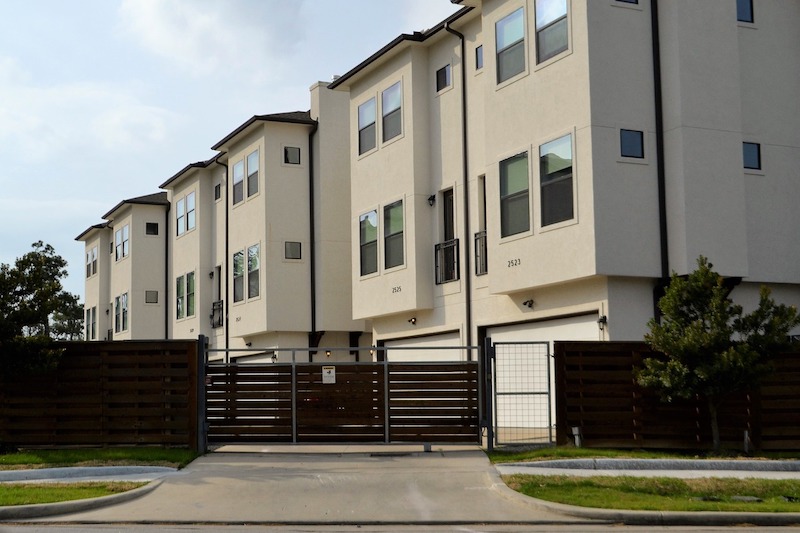The International Living Future Institute (ILFI) has released a new edition of its Living Building Challenge Framework for Affordable Housing.
This second edition has been revised and expanded with updated findings, detailed case studies, and new strategies and approaches to financing, designing, building, and operating Living Affordable Housing. ILFI has worked closely with 27 projects in its Affordable Housing Pilot Program and with affordable housing professionals through education, events, and general project support. The 27 pilot projects represent nearly 800 units of housing in 13 states and the District of Columbia and Canada.
These projects are serving thousands of individuals and families with incomes varying from less than 30% of the area median income (AMI) to 80% AMI. Populations, contexts, climates, and densities of these projects vary significantly including individuals just leaving homelessness to seniors and families in urban and rural settings.
The projects also vary climactically from hot, humid to sub-arctic, and in size from 125 sf accessory dwelling units (designed as a prototype for future projects) to a 23-story high-rise in Chicago. “These projects are demonstrating that it is possible to create a more socially just, culturally rich, and ecologically restorative built environment for all,” according to ILFI.
Related Stories
Legislation | Aug 5, 2022
D.C. City Council moves to require net-zero construction by 2026
The Washington, D.C. City Council unanimously passed legislation that would require all new buildings and substantial renovations in D.C. to be net-zero construction by 2026.
| Aug 4, 2022
Newer materials for green, resilient building complicate insurance underwriting
Insurers can’t look to years of testing on emerging technology to assess risk.
Codes and Standards | Aug 3, 2022
Some climate models underestimate risk of future floods
Commonly used climate models may be significantly underestimating the risk of floods this century, according to a new study by Yale researchers.
Codes and Standards | Aug 2, 2022
New tools help LEED projects reach health goals
The U.S. Green Building Council now offers tools to support the LEED Integrative Process for Health Promotion (IPHP) pilot credit.
Codes and Standards | Jul 29, 2022
Few projects and properties are being built beyond code
Clients and architects disagree on how well building to code provides resilience, according to a recent report by the American Institute of Architects (AIA) in partnership with Owens Corning.
Multifamily Housing | Jul 28, 2022
GM working to make EV charging accessible to multifamily residents
General Motors, envisioning a future where electric vehicles will be commonplace, is working to boost charging infrastructure for those who live in multifamily residences.
Codes and Standards | Jul 27, 2022
Biden administration proposes drastic flood insurance reform
The Biden administration’s proposed major overhaul to the National Flood Insurance Program, or NFIP, would drastically alter how Americans protect homes and businesses against flooding.
Codes and Standards | Jul 22, 2022
Office developers aim for zero carbon without offsets
As companies reassess their office needs in the wake of the pandemic, a new arms race to deliver net zero carbon space without the need for offsets is taking place in London, according to a recent Bloomberg report.
Codes and Standards | Jul 22, 2022
Hurricane-resistant construction may be greatly undervalued
New research led by an MIT graduate student at the school’s Concrete Sustainability Hub suggests that the value of buildings constructed to resist wind damage in hurricanes may be significantly underestimated.
Building Team | Jul 20, 2022
San Francisco overtakes Tokyo as the world’s most expensive city for construction
San Francisco has overtaken Tokyo as the world’s most expensive city for construction, according to a new report from Turner & Townsend.

















